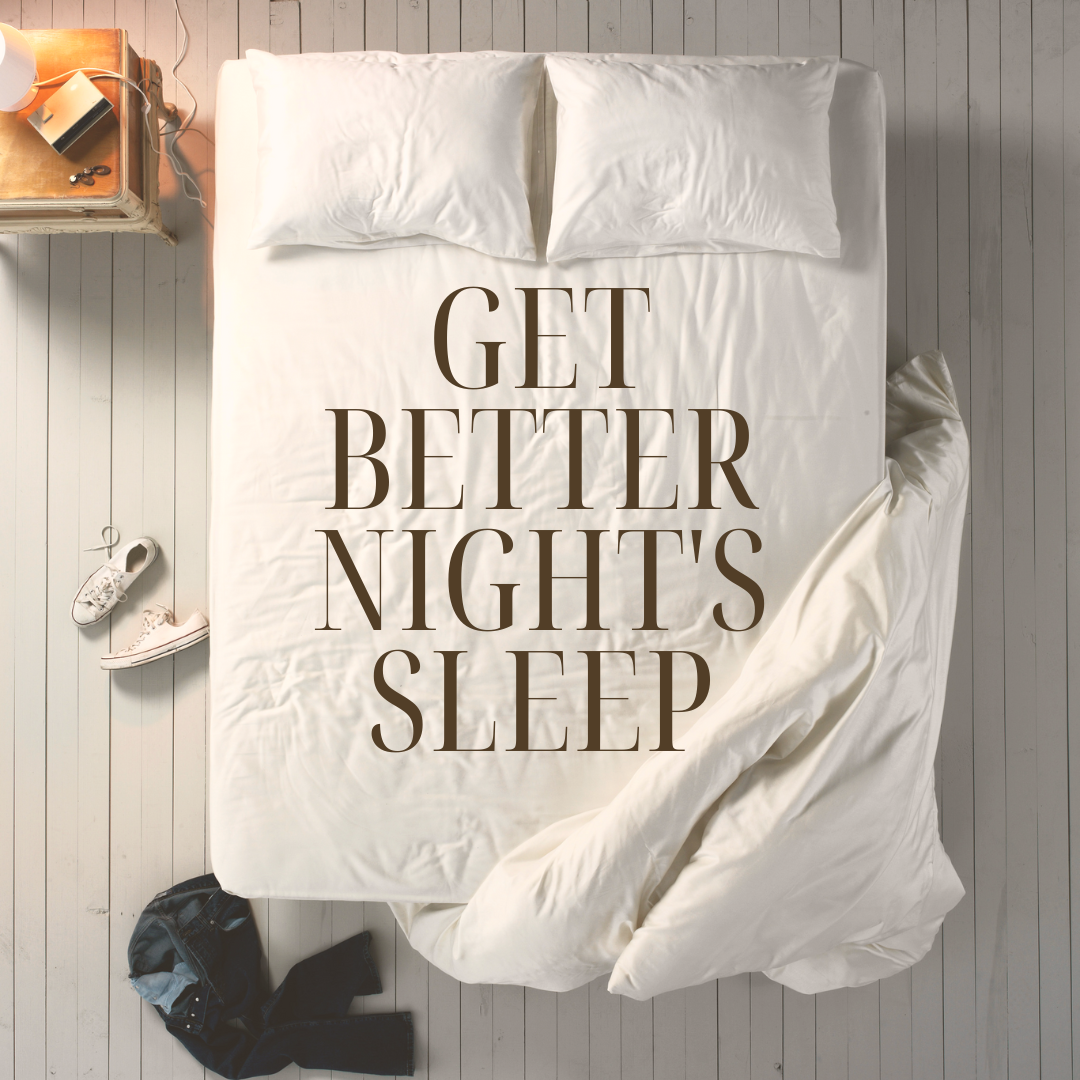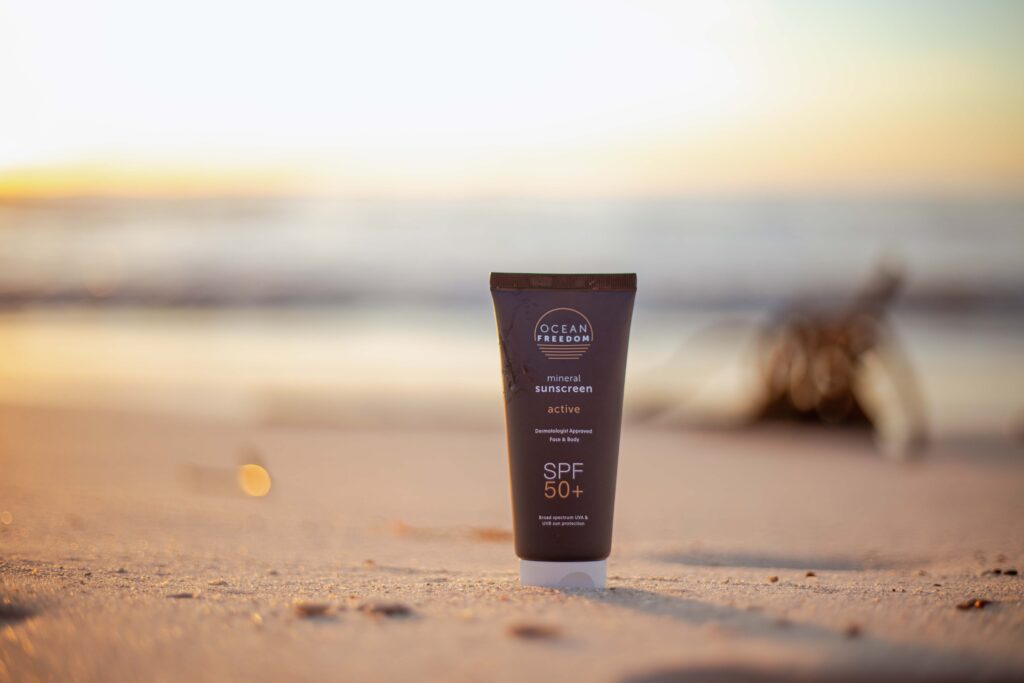In our fast-paced modern lives, understanding the silent epidemic of sleep deprivation is crucial. It’s not just about feeling tired; it’s a disruptor that affects every aspect of our lives. From juggling hectic work schedules to managing personal commitments, many of us find ourselves sacrificing precious sleep hours to meet the demands of daily life. But what are the actual consequences of this sleep deficit, and how does it impact our physical health, mental well-being, and overall productivity?
A lack of sleep negatively impacts our health, and most of us are lacking sleep. It is difficult to say precisely how many hours of sleep one needs; however, the amount of sleep a person needs generally depends on many things, including their age. On average, adults need 7 to 9 hours of sleep each day. However, some may require as few as 6 hours or as many as 10 hours of sleep, depending on their circumstances.
What are the signs of sleep deprivation?
- Mood changes
- Forgetfulness
- Trouble focusing or a feeling of brain fog
- You may rely on an alarm clock to wake up on time every day and even feel groggy when you wake up in the morning feeling like you could go back to bed.
The physical and mental toll you may be experiencing
The knock-on effects of deprivation may lead to irritability, a weakened immune system, and more frequent getting sick. I know; I’ve been there and often find myself repeating old habits back to the vicious cycle of a sleep deficit.
You may have feelings of depression, a lower sex drive, a lack of general motivation, and find overall reaction time is slower. Sleep deprivation leads to an increased risk of conditions such as high blood pressure, diabetes, heart attack, or obesity.
Sleep deprivation may also lead to increased insulin resistance, which can progress to diabetes. It can also disrupt hormones relating to your hunger, leading to eating more than you usually would.
There are no shortcuts to quality sleep, but the good news is that there are practical tools to enhance your sleep quality. By considering these natural sleep aids, you can give yourself every opportunity to improve your sleep starting now.
Here are 5 Natural Sleep Aids for Improved Sleep, all of which are easily accessible and can be incorporated into your daily routine.
- Magnesium is a mineral that plays an essential role in our body, supporting nerve and muscle function, the control of blood sugar, bone development and consistency of one’s heart rhythm. Research suggests that magnesium helps people keep healthy sleep schedules and may promote better sleep in numerous ways, including reducing one’s stress hormone, namely cortisol, while increasing melatonin and simultaneously assisting in the regulation of neurotransmitters for the central nervous system.
Chia and pumpkin seeds, almonds, cashews, spinach, peanut butter, and salmon are sources of magnesium. Alternatively, you can consider a magnesium supplement such as magnesium citrate powder. - .The Lavender flower and the oil derived from it have a long history in herbal medicine. Lavender is derived from the Latin root “lavare”, which means “to wash.” Historically, lavender as a bath additive became very popular in several regions, including ancient Persia, Greece, and Rome, where cultures believed that lavender helped purify the body and mind. Today, research supports this ancient theory that breathing in lavender’s aroma could improve sleep quality and have positive effects on people with mild sleep disturbances.
- Glycine is an amino acid that the body can make on its own, but it is also consumed in our diet. Glycine sources include fish, meat, legumes and dairy. Glycine is a building block for making proteins in the body and is known to have a calming effect on your brain, which supports falling and staying asleep by lowering your core body temperature. Research indicates that taking as little as 3 grams of glycine before bed decreases how long it takes to fall asleep and may enhance sleep quality as well as lessen daytime sleepiness and improve overall cognition.
- Temperature for optimal sleep. The best room temperature for falling asleep and maintaining sleep is approximately 18.3 degrees Celsius. This may vary by a few degrees from person to person, but most doctors recommend keeping the thermostat set between 15.6 and 20 degrees Celsius for the most comfortable sleep. Women who are going through menopause and experiencing hot flashes should keep the room as cool as possible and wear cotton or breathable fabrics to bed.
- Melatonin is a hormone that your brain produces in response to darkness and is essential for good sleep. Melatonin, produced by the pineal gland, functions with the rhythms of the sun and helps support our circadian rhythms and sleep. We experience increased melatonin after sunset and reduced melatonin after sunrise and throughout the day. Researchers say that adding melatonin to your diet may improve sleep.
How can you naturally increase your melatonin?
- Being exposed to light at night can block melatonin production, so try going dark. Avoid bringing your smartphone into the bedroom, and turn off the bathroom lights.
- Goji Berries are not only renowned for their anti-ageing properties but are also high in melatonin.
- Eggs are highly nutritious, offering protein and iron, among other essential nutrients. They are also one of the best sources of melatonin.
- Oily fish like salmon and sardines provide valuable omega-3 fatty acids and are an excellent source of melatonin.
- Nuts are an excellent source of many antioxidants, healthy omega-3 fats, and minerals. They also contain a good amount of melatonin.
Support Supplements I reccomend
While the Sally-Ann Creed store has a comprehensive range of sleep support supplements and foods, I’ve highlighted a few below which I take daily and can feel the difference.
- Magnesium: https://sallyanncreed.co.za/product/magnesium-citrate-powder/
- Magnafizz: https://sallyanncreed.co.za/product/magnafizz/
- Nuts, seeds & Nut Butters: https://sallyanncreed.co.za/products/sally-ann-creed-products/sally-ann-creed-nuts-seeds-and-nut-butters/
- Lavender Bath Salts: https://sallyanncreed.co.za/products/sally-ann-creed-products/bath-beauty-and-hair/
- Glycine: There are 19 amino acids found in Sally-Ann Creed Pure hydrolysed Collagen Types I & III, Glycine being one of them. https://sallyanncreed.co.za/products/sally-ann-creed-products/sally-ann-creed-collagen-products/
While sleep deprivation may seem like an unavoidable consequence of our busy lives, its detrimental effects on our health and productivity cannot be overlooked. It’s crucial to prioritise sleep as an essential component of our well-being. By understanding the factors contributing to sleep loss and adopting healthy sleep habits, we can take proactive steps towards ensuring better quality sleep and ultimately, a healthier and more fulfilling life.
Remember, a well-rested mind and body are not luxuries but necessities in navigating the challenges of today’s world.
References:
A systematic review of the effect of inhaled essential oils on sleep
New therapeutic strategy for amino acid medicine: glycine improves the quality of sleep
Melatonin what you need to know
About Roxy Davis:
Dr Roxy Davis holds a degree in psychology & communications, a professional certificate in medical nutrition management from healthcert education & Bond University Australia, and studied as a Chef at Silwood Kitchens School of Cordon Bleu Cookery. Read more about the author here: https://roxydavis.com



